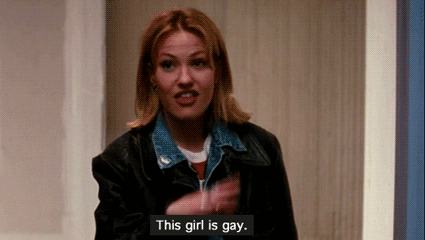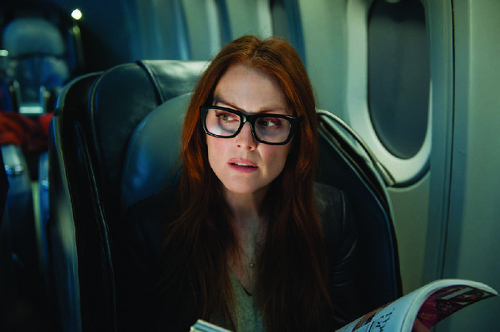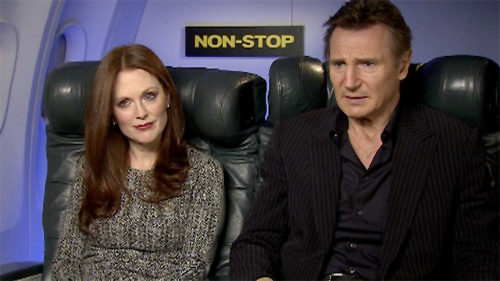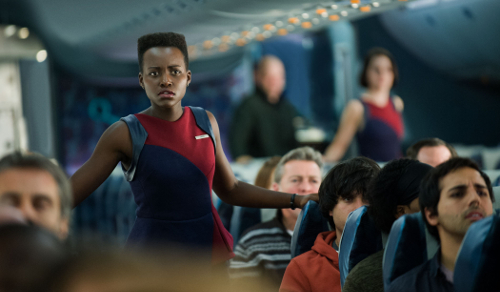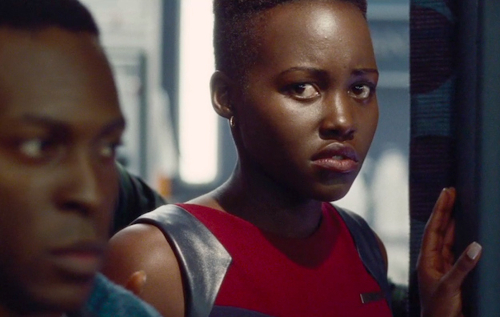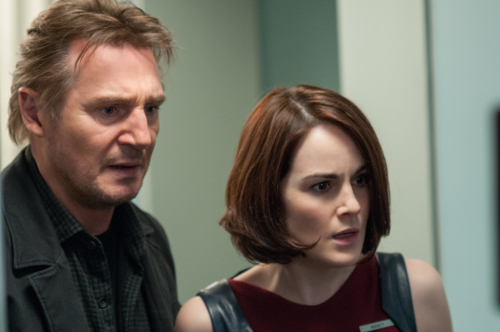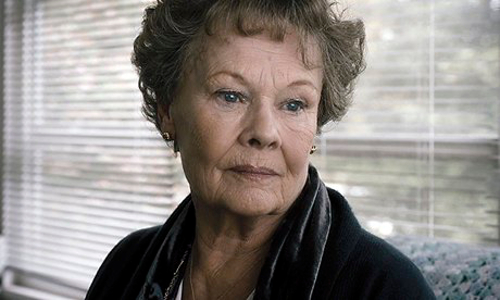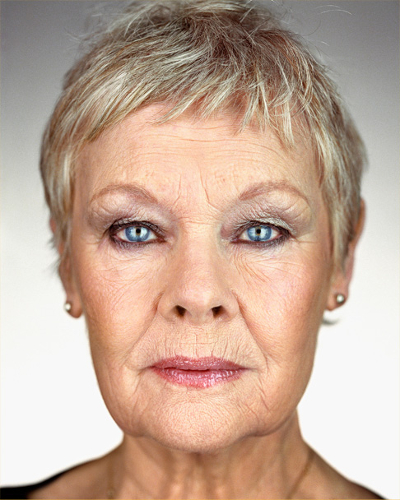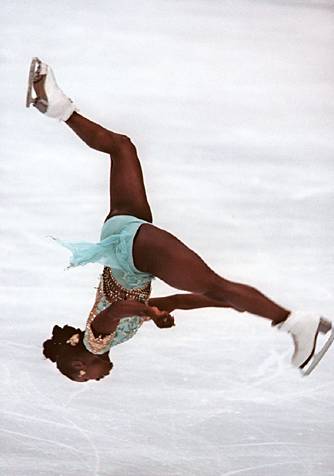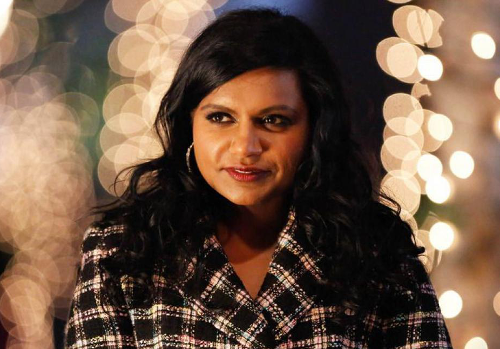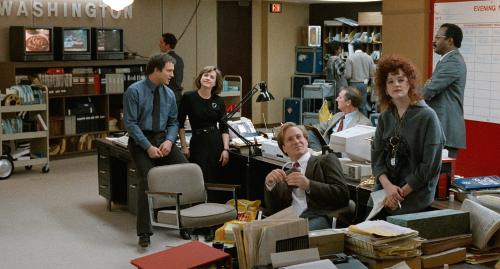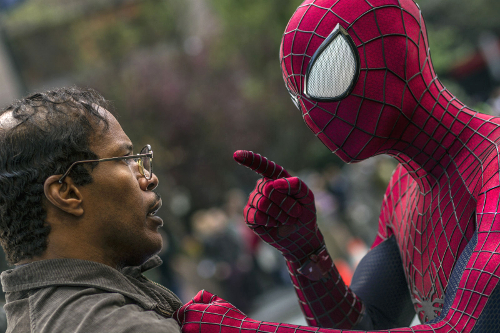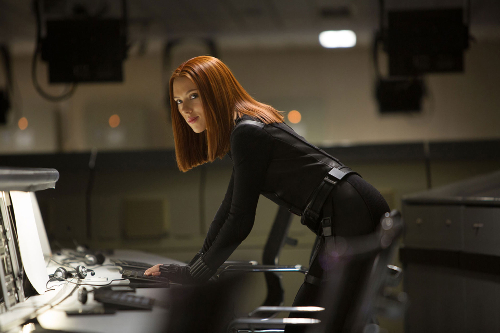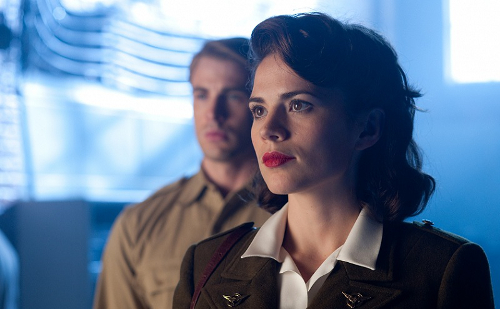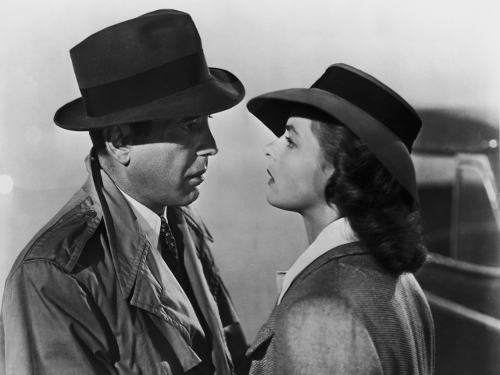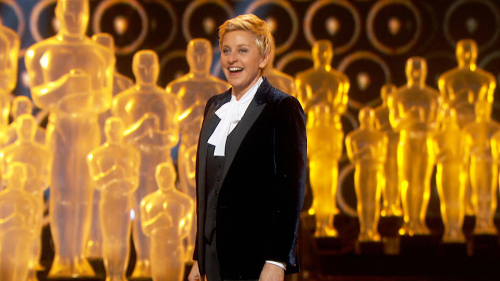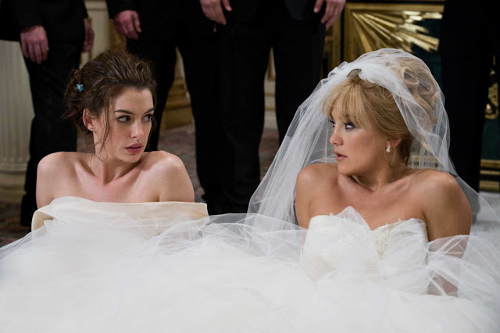
The reason I’ve been delinquent with my Bitch Flicks posts the last couple of weeks is I have been neck-deep in the choppy waters of Wedding Sea. My best friend from college is getting married, and I am Chief Mermaid (our vastly superior way of saying “Matron of Honor,” which, barf.) I’ve traveled nearly 10,000 miles to be here. I have engaged in crafting I never imagined I would (for example, I now know how to rivet). I have enabled my friend’s quest toward giving zero fucks as endless wedding “problems” present themselves (all things considered, she’s doing great).
And it is my third wedding anniversary is this week, so I’ve also been thinking back to the immersive planning experience I went through for my own wedding, which I blogged along the way. This is where I actually got my start writing about movies, as I dove head-first into the extensive genre of wedding movies. My takeaway on the genre when it was a Bitch Flicks theme week last year was as such:
Weddings are such popular centerpieces for movies because they’re sort of a free pass on logical character behavior. Even in real life, weddings exaggerate emotions and make people do strange things (like spend thousands of dollars on chair rental). So in the movies, weddings are basically an anything-goes wonderland of high drahms. None of the characters have to act realistically or believably and the stakes are always extremely high (“’til death do us part”!!!).
The staggering majority of wedding movies take on the inherent drama of an impending lifelong commitment by tearing apart the engaged couple for a more “meant to be” love, generally with either a close friend or someone working on the wedding. This trope became incredibly frustrating for me when I was engaged, because I wasn’t inclined to root for weddings falling apart at the altar. I became so jaded about the genre, hating that so many movies with central female characters are wrapped up in the wedding world.
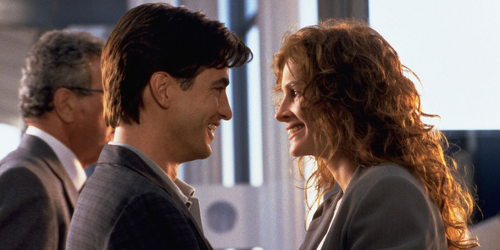
But this week I’ve been rethinking wedding movies a bit.
Weddings are dramatic all on their own, even without the ubiquitous love triangle-engendered cold feet. I wish more wedding movies explored the more mundane, but no less histrionic, issues that come with this cultural juggernaut. Women, in particular, are forced to confront a crap-ton of societal expectations when they wed. Families are drawn together and meant to be happy and celebratory regardless of the actual state of their relationships (the best representation I’ve seen of this issue thus far is Rachel Getting Married). People are pushed to their breaking point by hot glue guns and last-minute cancellations and unexpected lighting technician fees. There’s a lot of drama (and tragedy + time = comedy) inherit to weddings that doesn’t involve jiltings, which I hope are relatively rare.

So I wish there were more movies that explored these facets of weddings. I want more movies that use a wedding as a catalyst for relationship reckonings that aren’t between the doomed would-be bride and groom. But I also want wedding movies about the rest of the bizarre whirlwind surrounding weddings: I want a movie that takes on the “Wedding Industrial Complex” as an evil empire that a superpowered bride takes down. I want a race-against-time action comedy about recovering misplaced wedding rings. I want more gay wedding movies, wedding movies about people of color, wedding movies about people with disabilities.
Basically, I think weddings are interesting, and I want to see weddings in film as something other than the backdrop for a pro-forma romantic comedy. (Even Bridesmaids and Bachelorette, two female-relationship-centric wedding flicks, heavily feature romcom subplots.)

I still stand by what I wrote before, that “it’s a shame that they take up so much of a share of the movies Hollywood makes about women.” Obviously we can all agree that Hollywood needs to be making more movies about women, and that our culture over-emphasizes the importance of weddings in women’s lives, so maybe I shouldn’t be asking for more wedding movies. I suppose I don’t want MORE wedding movies, I just want different and superior ones.
So I don’t think wedding movies are just a particular weakness of mine anymore. I think weddings are a valid and rich subject for a movie. Just not the same movie 500,000 times.
Robin Hitchcock is an American writer with 24 dresses to go before she ties Katherine Heigl.


